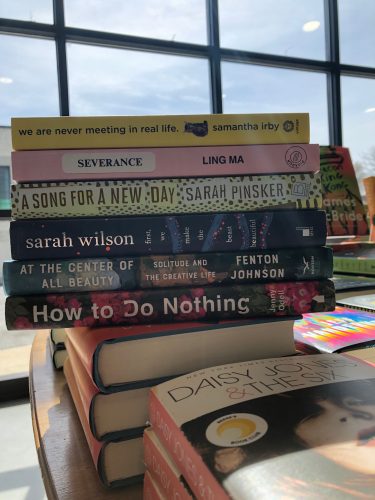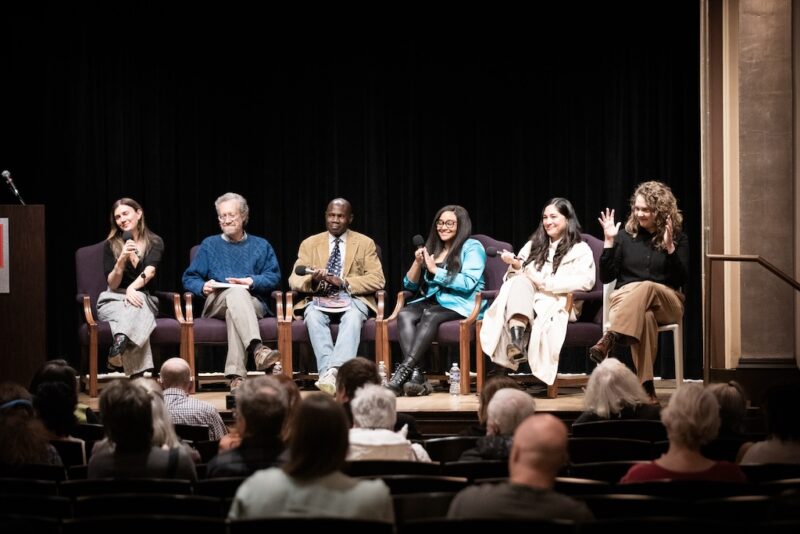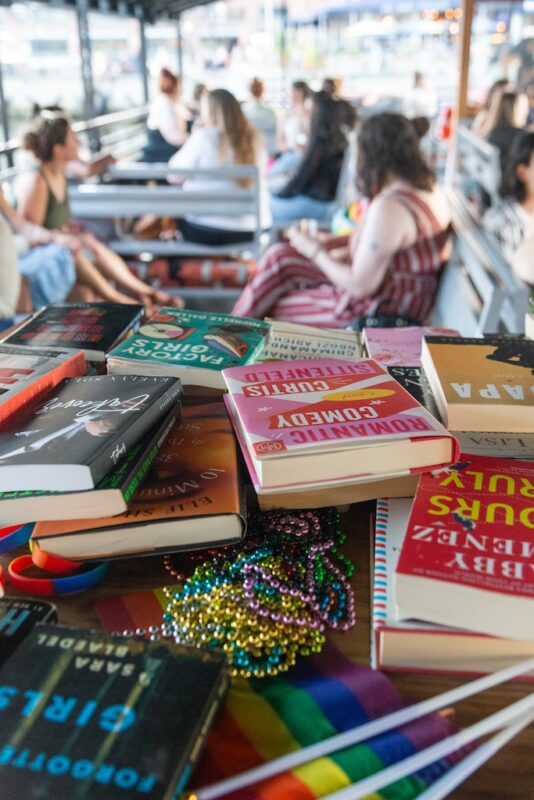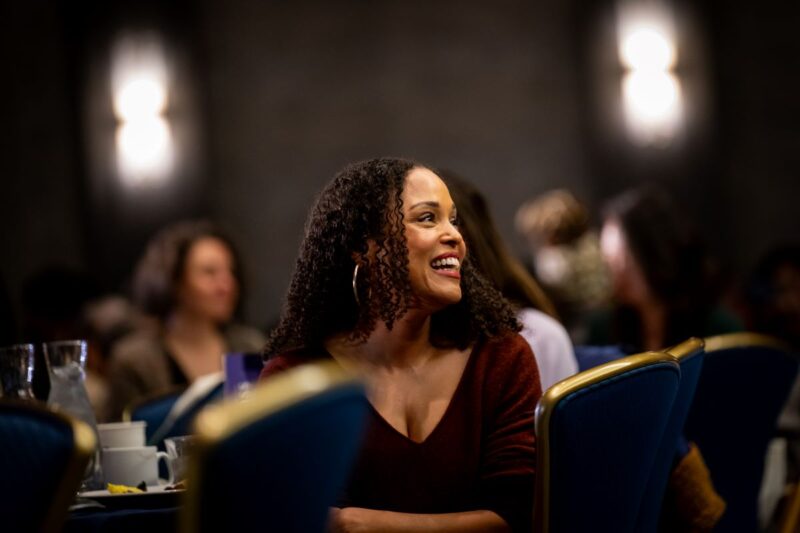In 2013, experimental writer Megan McShea celebrated the publication of her book, A Mountain City of Toad Splendor, in typical Baltimore fashion, with featured performances from the likes of Bonnie Jones and Mole Suit Choir at the Windup Space. A City Paper profile by BmoreArt contributor Bret McCabe showcased McShea’s easy wit and wisdom.
Six years later, McShea has published two more books, How to Have a Day and Steep in the Boil. The Windup Space is gone, and the City Paper is no more, wholly consumed by The Baltimore Sun. Under the Sun website masthead, McShea’s interview lives on, sans accompanying image. Odd line breaks—a vestige of City Paper formatting—render a quote from McShea as if it were one of her poems:
“And I keep thinking,
I’m going to get closer to it
and it keeps getting more fragmented.”
Rendered thus, this article has become epigrammatic of one of McShea’s frequent mantras, that “the internet is not an archive.” And she’s one to know—for the past 15 years, McShea has served as the Audiovisual Archivist at the Archives of American Art at the Smithsonian Institution.
“I think for my social circle I might be sort of the gateway archivist,” she laughs over iced tea at her dining room table. “A lot of people who do this kind of work are always looking for teaching opportunities to remind people that the internet is, at best, a highly unstable storage environment.”








